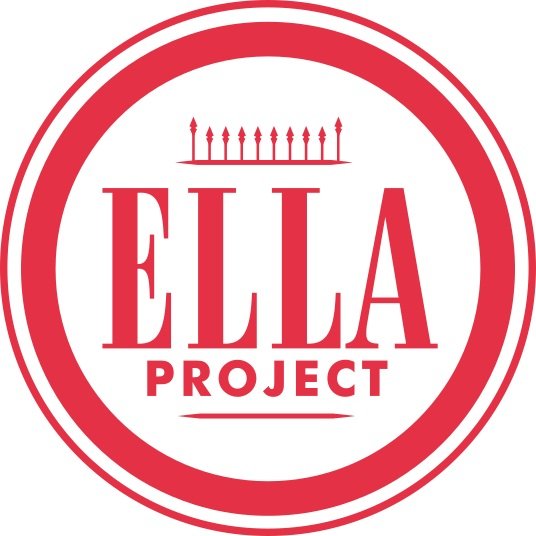Bri Whetstone-A Musicians’ Advocate
By Jann Darsie
As early as age 14, Bri Whetstone knew she wanted to be a lawyer and advocate on behalf of artists. “I can’t remember a time when the arts were not an important part of my life,” she said.
Photo by Josh Vine
Growing up in central Alabama in an artistic family, Whetstone acted in community theater, and with the Alabama Shakespeare Festival, sang in a choir, and took piano and art lessons. She attended an arts magnet high school that also offered a law magnet (similar to a college major), which Whetstone studied for four years.
She saw how the law could be used to help artists. “Lawyers can be dramatic,” she said. “And I knew that I didn’t want to be a struggling actor. So, with the law, I got to argue and act.”
She credits Carole Yeaman, the teacher who ran the high school law magnet, with making her realize that specializing in intellectual property and entertainment law was the right path for her.
So when Whetstone moved to New Orleans in 2004 as an undergraduate English and film studies student at Tulane University, she reached out to the Ella Project hoping to be involved. “I was really not qualified at that point — of course they were looking for law students to volunteer,” she said.
After graduating, she went off to California to work in the film industry and landed a job with the legal department of LucasArts, the former video game division of Lucasfilm. But she missed New Orleans, especially its people. So back she came to attend Tulane Law School.
This time, of course, she did qualify to be a student volunteer at the Ella Project. “They always treated me like a colleague,” she said.
By her third and final year of law school, Whetstone was conducting workshops, introducing basic copyright and contract law to visual artists. The workshops evolved to include legal issues for musicians and, later, for filmmakers.
“For me, the whole idea of workshops is to try to prevent legal problems before they happen,” she said. “I would be dismayed to see artists coming to the Ella Project when they got into legal trouble because they didn’t see the red flags. You just don’t know all of the things you don’t know.”
The workshops started in galleries, bars, and other spaces, and then the folks at the Ella Project suggested that grant funders may be interested in the project. This would be a way to expand and formalize it, while still keeping it free to participants.
Crescendo in action-2022
The Emerging Philanthropists of New Orleans became the first sponsor in 2018-19. Since that time, the project has been awarded prestigious National Endowment for the Arts grants and has received support from the New Orleans Culture and Tourism Fund and major in-kind contributions from the New Orleans Jazz Museum.
In a workshop for musicians, Whetstone met drummer, vocalist and composer Lou Hill. Like Whetstone, Hill is an avid supporter of local musicians. He also has over 20 years’ experience in marketing and production for the music industry.
Together they created what is now the Crescendo program to present what Whetstone calls “real world” situations and guidance to the city’s community of independent musicians. The seven free workshops cover topics such as copyright, music licensing, collecting royalties, touring, festival gigs, album releases, and keeping up with the new technologies that are changing the music economy.
The Crescendo program is more of a conversation than a lecture. Musicians’ stories and actual situations are used to present the information. The combination of Whetstone’s and Hill’s perspectives is what makes the series so dynamic.
Whetstone’s advice centers on the legalities of the industry — and watching out for red flags. Hill’s guidance centers more on the strategies and processes of the music business.
“We want to make the material relatable,” Whetstone said. Now in its sixth year, the series is available virtually in Louisiana and in-person at the New Orleans Jazz Museum. Although participants can pick and choose which sessions to attend, the series is designed to build a body of knowledge in sequential order.
Whetstone said she is motivated by the vibrant culture of New Orleans. The Crescendo series is an example of how she gives back to the community by helping to protect this valuable resource.
“I do intellectual property and entertainment law professionally, but of course that is only a part of my legal work in New Orleans,” she said. Many artists are not in a position to hire a law firm, so Whetstone refers people to the Ella Project all the time.
“They are also all about giving back to the community,” she said. “I love the Ella Project, because in all the years that I have been coming to them with ideas, they have never told me no!”
Even with all of her pro bono legal work and professional responsibilities, Bri Whetstone finds time to take leadership roles in several Carnival organizations. So whether she is riding in Tucks, marching in Krewe Bohème or tackling legal issues for New Orleans’ artists, she is making a valuable contribution to our city and its cultural economy.


